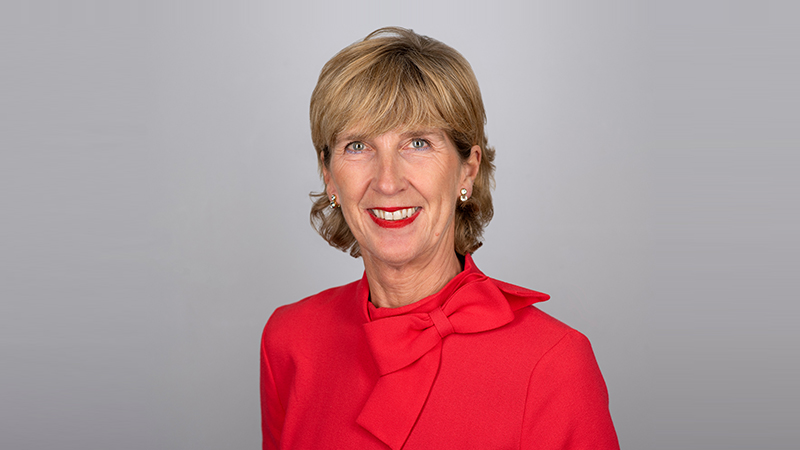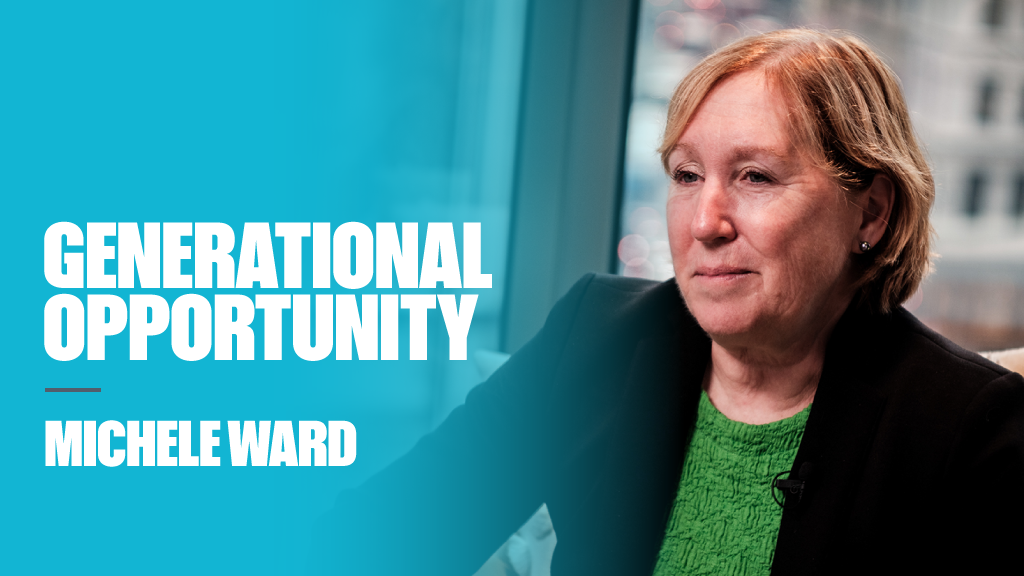Alan Wheatley, a former global economics correspondent for Reuters who was also on the panel, made the economic case for allowing migrants to enter the EU, and particularly Germany, while highlighting that in the short and medium term he did not expect migrants to contribute positively to European economies. “The medium-term risk is that refugee workers will weigh on wages exacerbating deflationary pressures, which could spread from Germany across Europe,” he said. But on the long term the impact should be positive, according to Wheatley, because the current migrants are much younger than the average population. “So refugees will replace retiring workers.”
Joachim Klement, chief investment officer of investment consultancy Wellershoff & Partners, appealed to the humanitarian imperative to welcome refugees. “I am myself the son of a refugee who fled Hungary in 1956. Back then, politicians went against their people’s will and took them in. They should do that again this time.”
Emerging market fund flows reverse
Since Moyo identified the economic misery in many developing countries as the main source of migration, thereby actually implying the majority of the migrants are motivated by economic rather than humanitarian reasons, is European investors’ behaviour constructive to helping emerging economies develop?

Well, first of all most European investors back an immediate rate hike by the Fed which is supposed to mute nervousness about emerging market assets. Some 71% of the fifty European fund selectors in the room said they want the Fed to hike its main interest rate. And last but not least, October saw the first net inflows into emerging market equities in 10 months.
Emerging market equities were mentioned by several asset allocators as the possibly most attractive investment opportunity for 2016. “Selective emerging markets such as Russia and Brazil have been hammered terribly. But there are some real opportunities popping up now,” said Klement.
Niclas Hiller, CIO of the Norwegian wealth manager Formuesforvaltning, agreed. “After a long period of underperformance, there is a lot of value there if you have the scale and skills to harvest that.” So while migrants are pouring in from developing countries into Europe, money is likely to flow the other way in 2016.
Click here to see a full overview of delegate voting results from the Pan-European Congress London.









